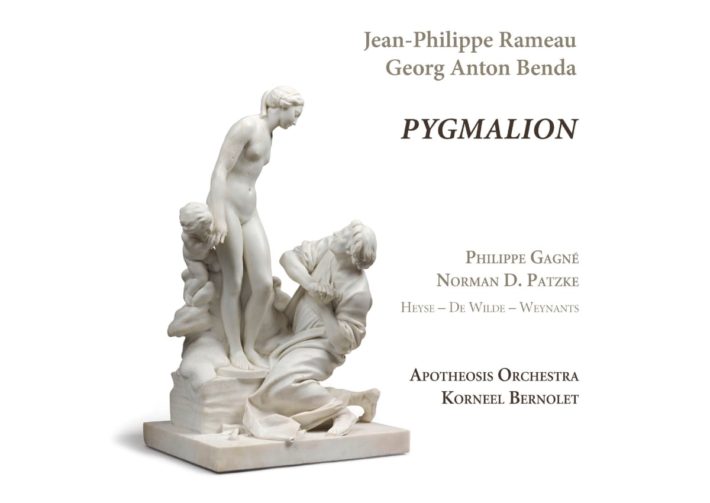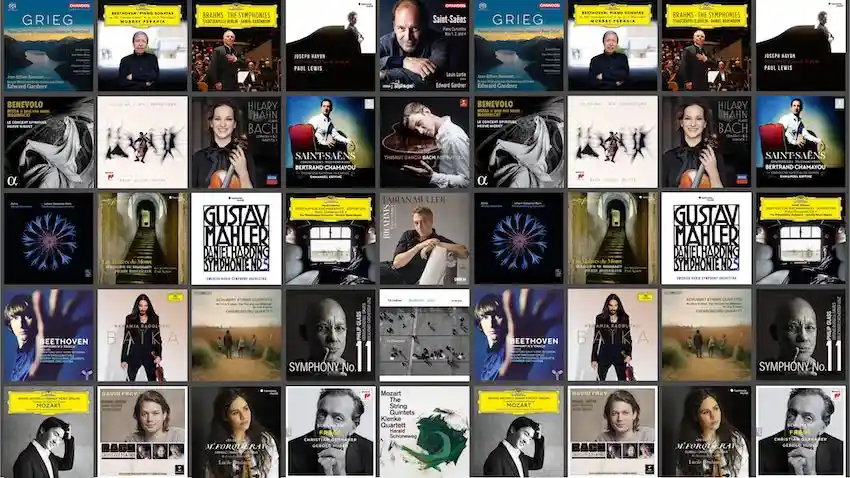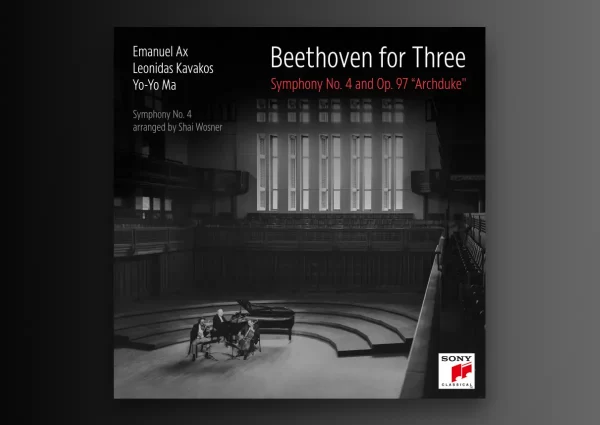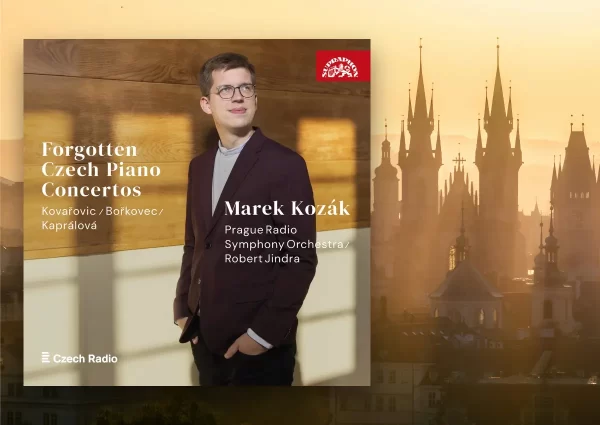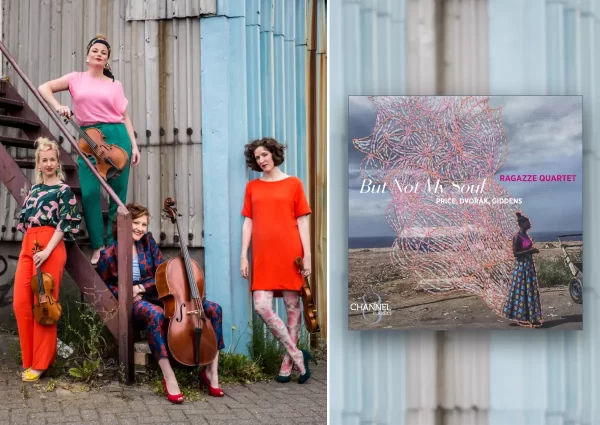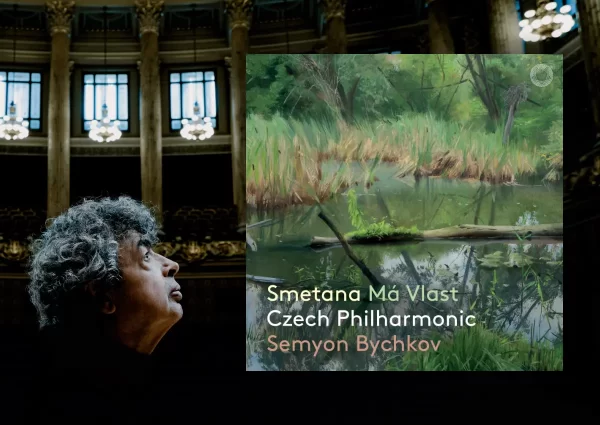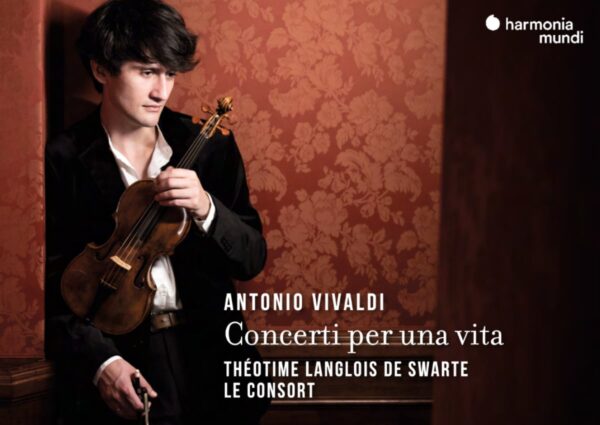We are living in a golden age for Baroque music. We have come full-circle — through the Romantics, Serialists, and Minimalists — and Baroque is back in style. Historically-informed performance is as hip as ever, and musicians who grow up practicing Bach alongside Rachmaninoff, Stravinsky and Copland are more capable than ever of playing the music. One wonders when the trend will reach its peak. After hearing Korneel Bernolet, the Apotheosis Orchestra, and Philippe Gagné’s recent recording of Rameau’s “Pigmalion”, the answer is a resounding “not yet.” The relative newcomers on the Baroque scene have given us a wonderfully fresh and vibrant account of this opera. Their trend is certainly upwards.
Rameau’s one-act opera centers on the mythical sculptor Pigmalion, who falls in love with his own sculpture, only to have it come to life through the powers of Amour (Cupid or “Love”), and Venus. Tenor Philippe Gagné plays Pigmalion (the spelling here correlates with the one used in Rameau’s own libretto), and he is by all measures the star of the album. His tenor is not the traditionally prized light and airy tenor of previous Pigmalions, such as Jean-Paul Fouchécourt in a 1993 recording by Herve Niquet and his “Le Concert Spirituel”, or Cyrille Dubois in a 2017 recording with Les Talens Lyriques under Christophe Rousset. Instead, Gagné’s voice has a constant emotional sharpness, and a wonderful depth of color. In the opening aria “Fatal amour” (track 2), he strains to reach the highest notes on “traits”, but one couldn’t care less. Just the way he pronounces the word “fatal” is a revelation, at once full of fiery condemnation, pain, and yet also resignation. The strain of his voice on “traits” (“arrows”) highlights Rameau’s choice to make it dissonant against the orchestral accompaniment, and the ultimate question of this aria: why has Love chosen this particular arrow? Why has he given Pigmalion such feelings for an object incapable of ever returning them?
The other arias are no less compelling. When Pigmalion’s feelings towards Love are drastically reversed in “L’amour triomphe” and “Règne, amour,” (tracks 9 and 11) his voice rings out like a trumpet. Compared to Gagné, the two tenors mentioned above sound nearly indifferent. True, Dubois for Rousset sings with a clear, easy tone, and Fouchécourt for Niquet is an incomparable virtuoso who eats Rameau’s scales, melismas, and high A’s for breakfast; the two sound like singers, singing. In this current release, on the other hand, you can practically hear Gagné’s smile, his voice jubilant and declamatory, wishing Love’s powers on everyone (“let your flames glitter, shoot your arrows into our souls”, track 11). From a technical perspective, part of Gagné’s trick is in the consonants, giving care and attention to each one, and another part is his vibrato, which is so pervasive that it somehow seems to infiltrate his melismas. The only short-coming of Gagné’s singing throughout the opera is that his low register gets lost, but this seems a small price to pay for an otherwise outstanding performance.
Bernolet and the Apotheosis orchestra provide a similarly rejuvenating interpretation of the instrumental passages of the opera. Their playing has benefitted in subtle ways from the 300 years of music history intervening between them and Rameau in ways that previous interpreters have not. The vocal accompaniment is lush and full of emotion. In the final “Air gracieux”, you can hear the Romantic influence in the way they give weight to the appoggiaturas, far more than any of the comparable Rameau recordings. In the opening of “Sarabande et Tambourins” (7), the instrumentalists play more legato and less precisely than would be suitable for an actual dance, being more concerned with the emotional impact; and in the tambourine half, both their and Rousset’s versions feel more akin to a classical presto.
Get periodic updates about new classical music albums reviews, news and guides.
We respect your privacy.
The recording quality of Bernolet’s version is also of note. A recording engineer himself, Bernolet likely had a lot to say about the setup done by Rainer Arndt, for Outthere Music’s Ramée label. The final sound is enveloping and of a very high quality. The winds are well-balanced with the strings throughout, the voices are never lost, and the low end packs a punch.
Bernolet has chosen to couple the Rameau with another version of Pygmalion, by the Czech-German composer Jiri (Georg) Benda. Benda’s setting is comprised of solely incidental music — there is no singing. The effect is off-putting to the modern ear; the music always feels like it’s introducing an aria, but it abruptly stops each time it builds momentum. Baritone Norman Patzke reads the part of Pygmalion admirably; he can barely resist from singing at moments, matching the pitches of his voice to the key and mood of the orchestral accompaniment (consonance at “Was war ich;” arpeggiating a diminished chord on “Diesen Drang der stürmenden Leidenschaften”). The ensemble puts on a good show, but the narrative drags. Its premise — that Pygmalion is mentally unstable and the whole thing might be a fever dream — loses interest as the music fails to gain any emotional traction.
Overall, if the Pygmalion myth’s overtones of misogyny are put aside, this album is a welcome addition to the bountiful, thrilling flow of new Baroque recordings. Bernolet, Gagné, and the Apotheosis are ones to watch. Highly recommended listening.

“Pygmalion“
Rameau – “Pimalion” – Acte de Ballet
Benda – “Pygmalion| – Monodrama
philippe Gangné – Pigmalion (Rameau)
Norman D. Patzke – Pygmalion (Benda)
Morgane Heyse (La Statue & Galathee)
Lieselot De Wilde – Céphise
Caroline Weynants – Amour
Apotheosis Orchestra
Korneel Bernolet – Conductor
Ramée / Outhere Music, CD RAM 1809
Pygmalion – Recommended Comparisons
Follow Us and Comment:
Get our periodic classical music newsletter with our recent reviews, news and beginners guides.
We respect your privacy.

